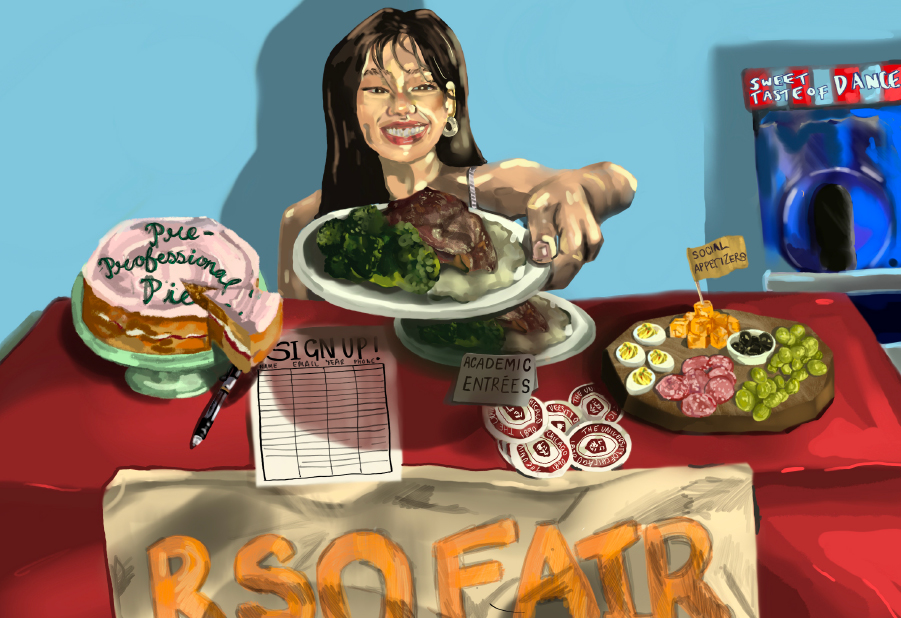Another depraved man armed with nothing but a truck sped his way into a crowded bicycle lane on Tuesday. Then my phone lit up.
“The Manhattan truck attack that killed at least eight was terrorism, the mayor said.” Like always, The New York Times had swiftly informed us of the news in a push notification. Good to know, I guess. Except—how on Earth did Mayor de Blasio and the Times discover the motive so quickly?
Turns out it was pretty easy. The second half of the notification reported that officials said, “The motorist yelled ‘God is great’ in Arabic.”
“Oh,” I thought. “That’s it.”
It was odd. I didn’t remember promptly getting a notification about the Charlottesville truck driver’s obsession with Nazi history or brandishing of “alt-right” imagery just before he attacked. And unlike this week’s truck attack in New York, the motive of the Charlottesville attack was hazy for some—including the President. Pundits openly puzzled: “Why’d he do it?” “Whose side was he on?”
Increasingly, it’s clear that mainstream American news outlets report on the motives of attackers through editorial lenses that fit the suspect’s background. When discussing what caused Heather Heyer’s death—and the injuries of 19 others in Charlottesville, for example—those who believed it was terrorism were relegated to the opinion pages in spite of the attacker’s “alt-right” political motives.
And when Stephen Paddock killed 59 people and injured over 500 others in the largest mass shooting in American history, his background was parsed in stories like one the Times bizarrely titled: “The Mystery of a Nondescript ‘Numbers Guy.'” Another piece equivocated in its headline: “Terrorizing if Not Clearly Terrorist: What to Call the Las Vegas Attack?”
Truth is, most leading news outlets are, as some would say, “politically correct.” They seek to be “objective.” They’ll report that this week’s attack was an act of terror. They’ll slip in a line about how the perpetrator shouted “Allahu akbar!” just before the act, and they’ll be sure to speak with the imam at the attacker's old mosque—ostensibly to capture a richer narrative of the perpetrator’s life. Yet, the use of language that sounds neutral tends to obscure the degree to which the disproportionate focus of the reporting actually works to reinforce misleading, and harmful, narratives.
The unfortunate result of the media’s unrelenting focus on a particular type of terrorism—namely, terror committed by Muslims—is that craven politicians like President Donald Trump are able to exploit the fear subconsciously instilled in the public. Next only to the President, the media at-large does more to implicitly affirm the narrative about “Islamic-inspired terrorism” than anyone or anything else. National outlets relentlessly cover tragedies that fit the “terrorism” mold even when the casualties from such events are more modest than those that don’t have a terrorism angle.
While working at a large national news outlet this summer, I was surprised by the number of false alarms set off by reports of cars and trucks slamming into pedestrians. News editors would pay close attention to those alerts while mass shootings and stories about missing women would be passed over.
Perhaps what is most lamentable is that it isn’t fringe or partisan media organizations that focus on attacks that would never get the same attention if it weren’t for the fascination with possible inspiration from the Islamic State. It’s organizations like The New York Times, The Wall Street Journal, and CNN.
Fundamentally, the problem is that the narrative about terrorism and its purported connection to Islam is both prolific and powerful. That’s despite the degree to which it grossly misrepresents the number of people who die in terror attacks each year—and at the hands of Muslim perpetrators. In the United States, for example, about as many people die each year choking on food as dying at the hands of “radical Islamist violent extremists” in the 15 years after 9/11.
All of which isn’t to suggest that what happened this week isn’t a tragedy worthy of righteous outrage. It is. Why, then, compound the pain and fear by furthering an ugly, albeit subtle, narrative about a nonexistent correlation between being Muslim and being a terrorist?
Ironically, the answer may lie in the Times piece on the Las Vegas shooter, where it is stated—in quite a Freudian slip—that the gunman’s lack of a criminal record and clear ideological motive offers “little for Americans who crave an explanation for the tragedy to seize upon.”
After tragedies, we seek explanation. We want to rationalize what simply cannot be rationalized. And too often, the press is willing to offer this explanation to us.
A country that replaced its de facto motto of “E Pluribus Unum” with an official motto of “In God We Trust” in 1956 has since been trained to duck in fear when the Arabic analog “Allahu akbar” (or “God is great”) is so much as uttered.
The media—and elected officials—have played an enormous role in providing these easy explanations and easy narratives. The constant and peculiar focus on the Muslim-ness of a handful of attackers fans the flames of our Islamophobia. These fears not only denigrate and endanger an entire class of innocent people, but they also infect the subconscious of every last one of us in the process. Otherwise thoughtful news organizations ought to fundamentally rethink how they report on death, terror, and the attackers who cause both.
Dylan Stafford is a second-year in the College majoring in political science.







